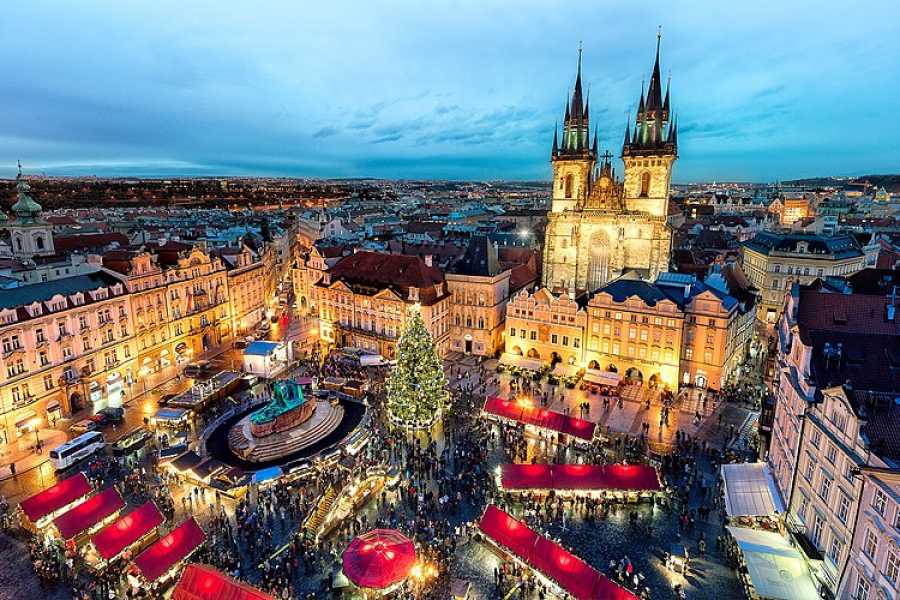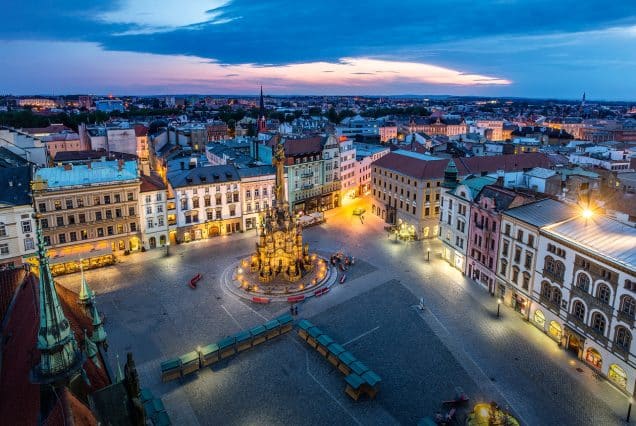

Discover Czech Republic
Sights
Map
Info
The Czech Republic, located in the heart of Europe, is a country known for its rich cultural heritage, stunning architecture, and vibrant history. When planning a visit, it’s important to understand visa and passport requirements, transportation and accommodation options, and dining and cultural practices. Additionally, knowledge about language barriers, technology, communication, shopping, and payment methods will enhance your travel experience.
Visa and Passport Requirements
Schengen Visa: As part of the Schengen Area, most visitors will need a Schengen visa for entry, allowing travel within the zone for up to 90 days.
Passport Validity: Your passport should be valid for at least three months beyond your planned departure date from the Schengen Area.
EU Citizens: Citizens of EU countries do not require a visa or passport to enter the Czech Republic; a valid national ID card is sufficient.
Transportation
Public Transport: Prague and other major cities have well-developed metro, tram, and bus networks, making it easy to navigate urban areas.
Trains and Buses: For intercity travel, trains and buses are reliable, affordable, and widely used.
Taxis and Ride-Sharing: Taxis and ride-sharing services like Uber are available, but it’s advisable to use reputable companies or apps to avoid overcharging.
Accommodation
Hotels: The Czech Republic offers a wide range of hotels, from luxury to budget-friendly, with many options in Prague and other tourist areas.
Boutique Hotels and Guesthouses: For a more intimate experience, boutique hotels and guesthouses provide a blend of comfort and local charm.
Hostels: Hostels are popular among budget travelers, offering affordable accommodation in central locations.
Dining
Traditional Czech Cuisine: Czech food is hearty, with popular dishes like goulash, svíčková, and roast pork with dumplings being must-tries.
International Cuisine: In larger cities, you’ll find a variety of international restaurants catering to diverse tastes.
Cafés and Pubs: Prague’s café culture is strong, and local pubs are great places to try Czech beer, which is famous worldwide.
Cultural Considerations
Respect for History: The Czech Republic has a rich history, and locals take pride in their cultural heritage; showing respect at historical sites is important.
Tipping: Tipping around 10% is customary in restaurants and for taxi services.
Language Etiquette: Learning a few basic Czech phrases is appreciated, even though many people, especially in tourist areas, speak English.
Language
Czech Language: Czech is the official language; while English is widely spoken in tourist areas, you might encounter language barriers in rural regions.
Translation Apps: Using language apps can help with communication, especially in areas where English is less common.
Technology and Communication
Wi-Fi Access: Wi-Fi is widely available in hotels, cafes, and public spaces, often for free.
Local SIM Cards: Local SIM cards with affordable data plans are easily accessible, making communication and internet access convenient.
Shopping and Payment
Credit Cards and Cash: Credit cards are widely accepted in major cities, but it’s a good idea to carry cash for smaller businesses and in rural areas.
Local Products: Popular items include Bohemian crystal, garnet jewelry, and traditional Czech ceramics.
VAT Refund: Non-EU visitors can claim a VAT refund on purchases above a certain amount when leaving the Czech Republic, which can be advantageous for larger purchases.

